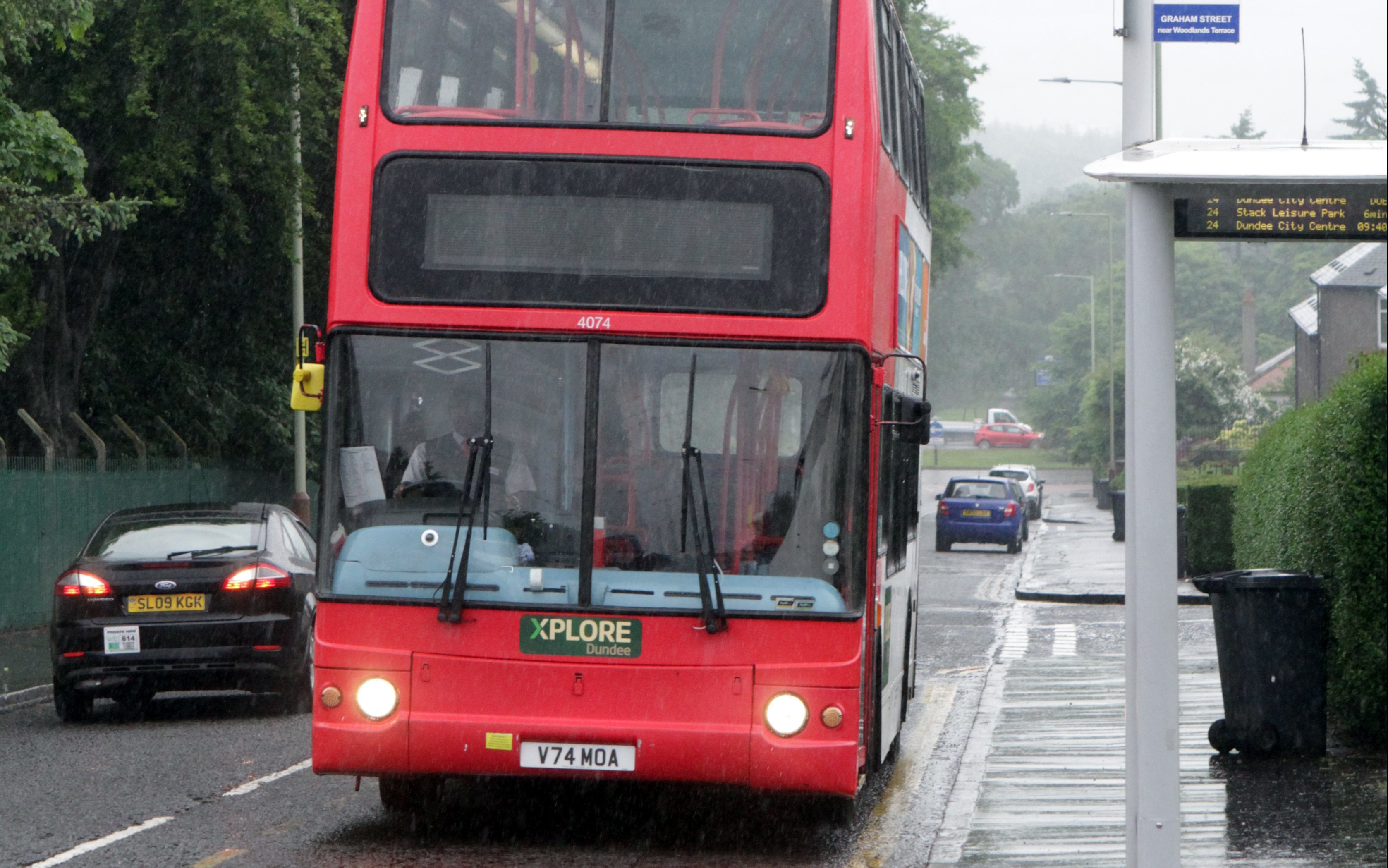
HARD-PRESSED passengers are spending up to a sixth of their disposable income on bus fares in some parts of Scotland, a new report has claimed.
Despite declining service levels, which has seen 20% of all bus routes disappear over the last decade, a “postcode lottery” of local service costs has been reported in a new study by the Scottish Green Party.
The cost of annual season tickets can vary wildly, from as little as £450 in Glasgow City Centre to nearly £2000 for a pass that covers Aberdeen and Aberdeenshire.
When put in the context of incomes, it can leave some families spending up to 17% of their outgoings after rent or mortgage on bus travel.
Nearly a third of households do not have a car – a tally that rises to 52% in the most deprived areas of the country – and only 9% of Scots reported using the train at least once a week.
This means that for many working Scots in minimum-wage jobs who can’t afford a car or train fares, the bus is the only option.
John Finnie MSP, transport spokesman for the Scottish Greens, has called for a cap on season ticket prices.
Mr Finnie said: “People across Scotland rely on buses to get them to work, as well as shopping, seeing friends and relatives and attending medical appointments.
“The cost that some commuters have to bear is simply too high.
“All too often people have to commute from the suburbs and rural areas into our cities to work, and they should not be penalised for the fact they take the bus.”
The Greens’ research shows the varying cost of annual season tickets. To travel in the Falkirk and Stirling council areas – an area covering approximately 30 miles by 25 miles – the annual First Bus “three to five zone” ticket costs £1328.
When compared with the Scottish annual median income, after housing costs, for a single person of £12,800 that would account for 10.4% of their yearly outgoings.
For a couple with children, where the median income is £22,000, the same season ticket would account for 12.1% of their expenditure if the adults bought one each.
A Stagecoach “six zone rider” which covers journeys in Aberdeen and Aberdeenshire over an area of 93 miles by 56 miles, costs £1944 over a year, according to the research. For a single person on the median income, this would eat up 15.2% of their income, while for some families it would be as high as 17.7%.
Stagecoach said that on three occasions it had been independently found to have the best-value bus fares in Britain. But unlike train travel, bus fares are not regulated so operators charge what they like.
Robert Jeffrey, who is leading a community campaign to take over axed bus routes in Bo’ness near Falkirk, said: “There are many people who have no choice but to use the buses and, if you’re going longer distances, it can take up a big chunk of your budget.”
A spokesman for bus trade body the Confederation of Passenger Transport said: “Mr Finnie’s comments fail to acknowledge the many factors related to the setting of fares, such as operating costs and journey lengths. It is unsurprising it costs more to buy a season ticket that covers a larger travel zone.
“If Mr Finnie wishes to help bus passengers he would be better served pushing for local authorities and the Scottish Government to take action on the growing problem of congestion which is pushing up both journey times and fares.”

Enjoy the convenience of having The Sunday Post delivered as a digital ePaper straight to your smartphone, tablet or computer.
Subscribe for only £5.49 a month and enjoy all the benefits of the printed paper as a digital replica.
Subscribe